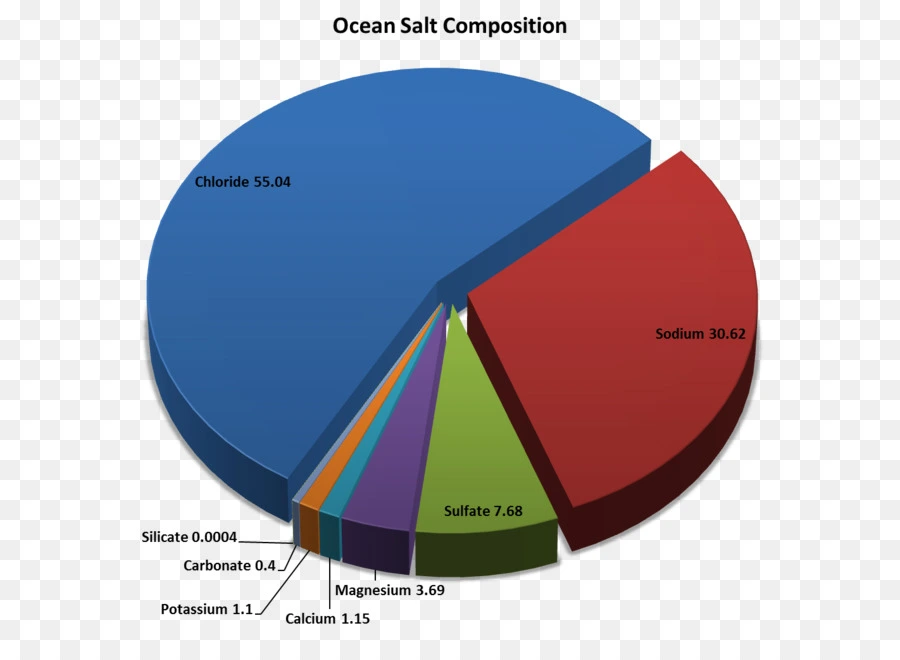At a summer camp they had the motto Chert Hurts and I fell while running and still have a scar on my knee. My question is, do you have any Chert facts? Seems like it’s just silica and nothing special, but it does hurt.
Really appreciate your in depth answers, especially the effort post on glaciation. That was a satisfying read!


